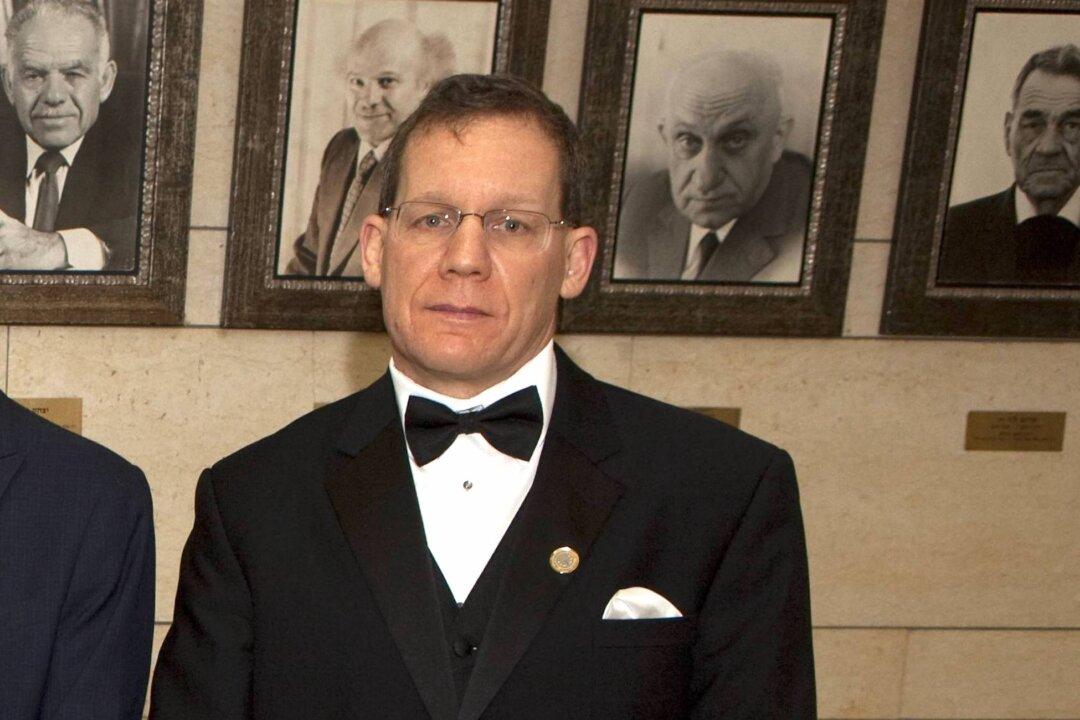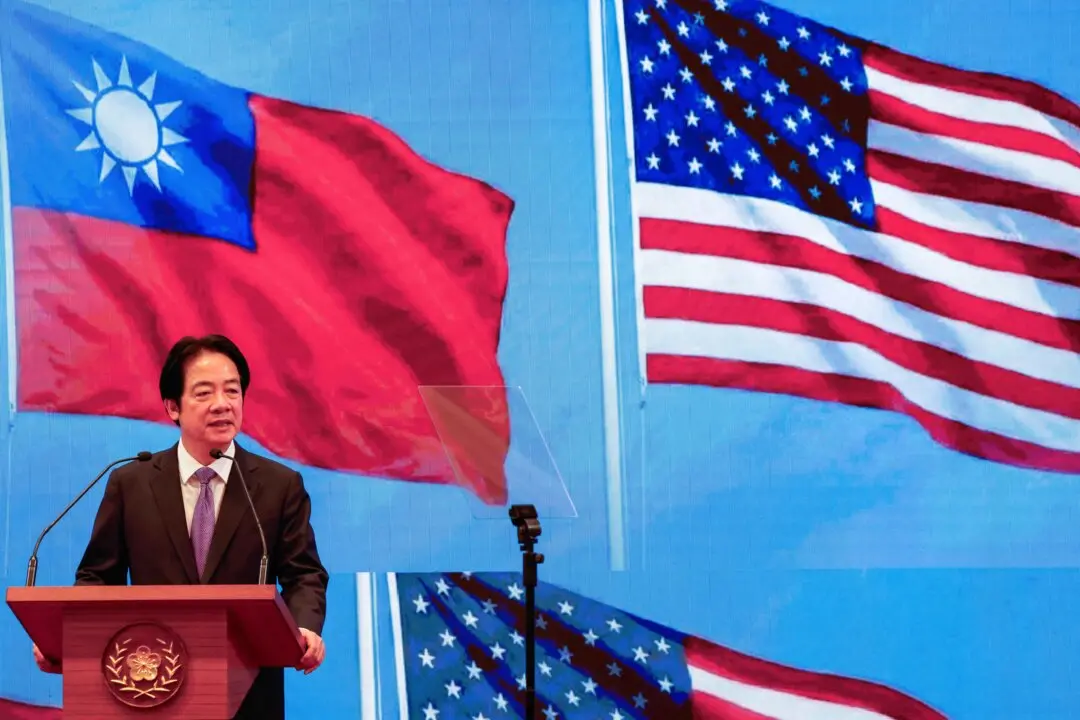U.S. federal prosecutors charged a Harvard chemistry professor on July 28 for failing to report money he received from a university in China to the Internal Revenue Service (IRS), the government tax collection agency.
Charles Lieber, 61, former chair of Harvard University’s chemistry and chemical biology department, was arrested in January for allegedly lying about his participation in a Chinese state-run job recruitment program called the Thousand Talents Plan.




